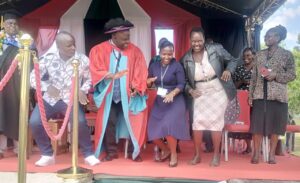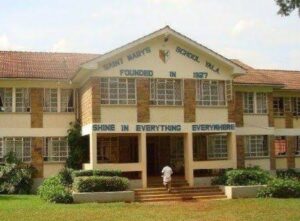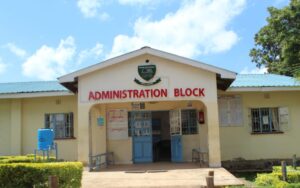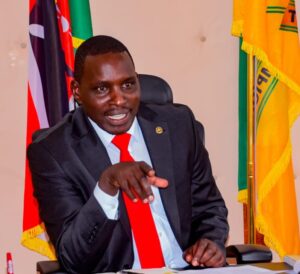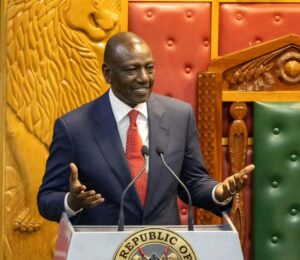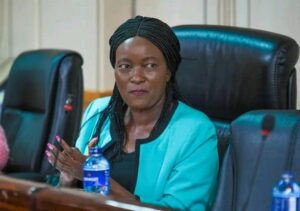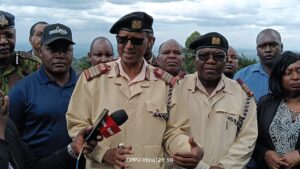17% of Male adolescents cannot read grade 4 text!
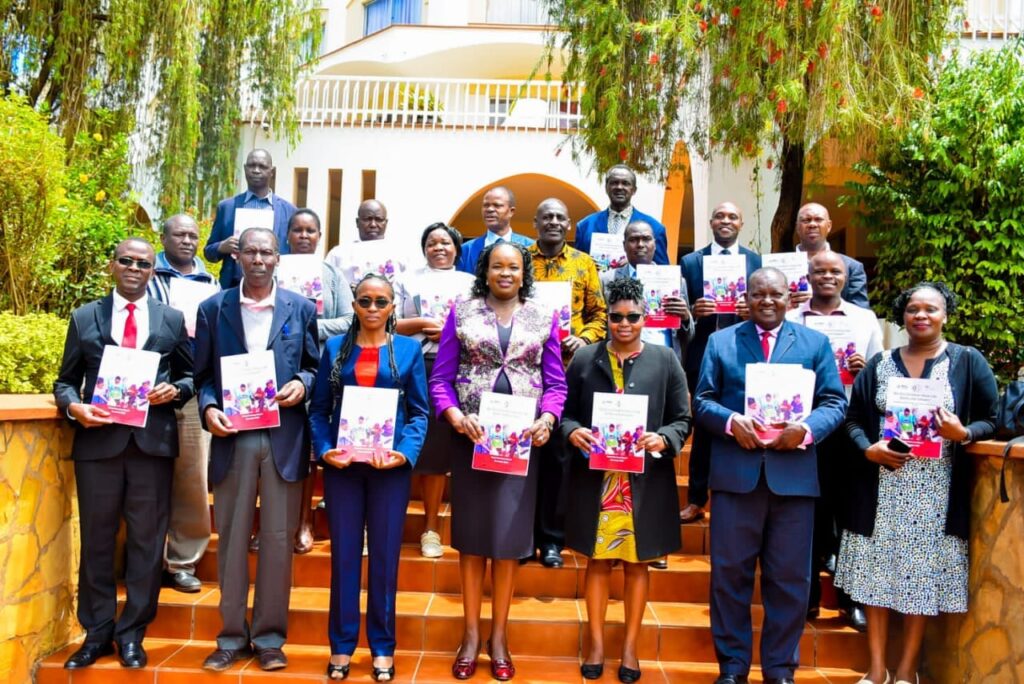
The latest report by Zizi Afrique Foundation, a non-government organization that conduct studies and assessment of learning , Monday launched a report on the levels of life skills and values among adolescents in Kenya aged between 13-17 years .
The report shows that about 43% teenagers aged 13-17 years are able to read a grade four text while the 17% of male teens are unable to read English fluently compared to female teens.
The report further shows a disparity between those in urban and rural areas on the ability to express high respect for others, Wajir County leads with 18.8% of teenagers who can express respect to others while Bungoma County recorded 1.9% thus having the highest number of adolescents without regards to respect for others.
Uasin Gishu County recorded 4.4% and Nairobi 4.2% respectively.
The report also shows that 95% of adolescent teenagers do not have the required problem solving skills and only 5% are able to recognize the existence of a problem and identify a possible solution.
“We can say that only 5% of adolescents are proficient in problem solving while 95% of the same adolescents do not have the ability to solve problems.” Remarked Prof. Masibo Lumala Director, Institute of Online, Distance and E-Learning (IODeL).
It also noted that 50% of adolescents can access the internet easily, 27% of them could not use the technology at all.
70% of adolescents can regulate their emotions albeit unaware of the multiple ways in which others might perceive and react to situations.
Mombasa County is leading with 38.7% of youth aged 13-17 years with the ability to recognize and express emotions, assess self and to reflect and manage their emotions.
Mandera county on the other hand had the lowest percentage of youth at 9.4% with the ability to understand why people behave the way they do towards one another.
This self-management and perspective taking are sub-skills of self-awareness.
This report is a product of collaborative work among 2,000 people across Kenya, Tanzania and Uganda.
The assessment was started in 2020 and a total of 17, 276 adolescents, from 14, 197 households aged 13-17 years from 798 enumeration areas were assessed. 39 trainers, 800 teachers conducted the assessment on the teenagers supported by chiefs and village elders.
These competences are supposed to help the schooling generation navigate the Complexities of the 2st century.
The Foundation hopes that all teachers and parents understand the worth of these competencies and how homes and classrooms can yield into breeding grounds for life skills and values.
By Mercy Too and Faith Chebichi

